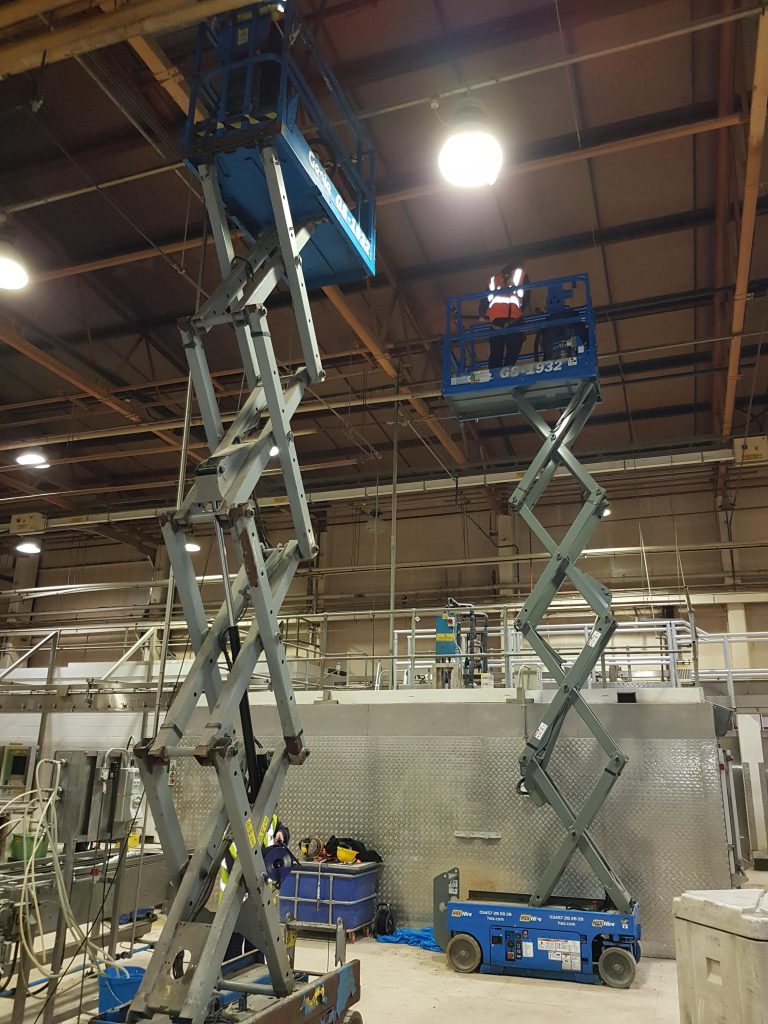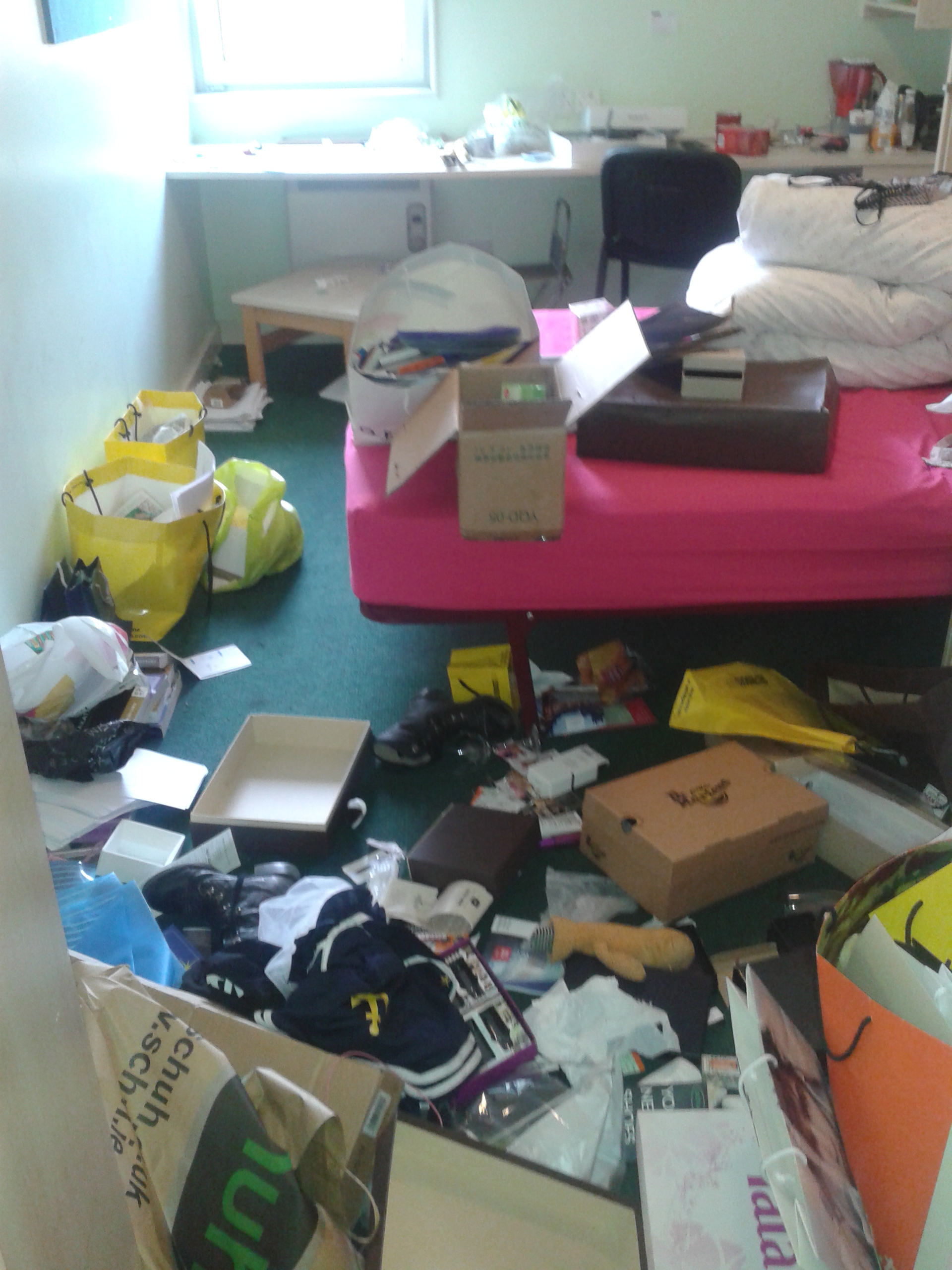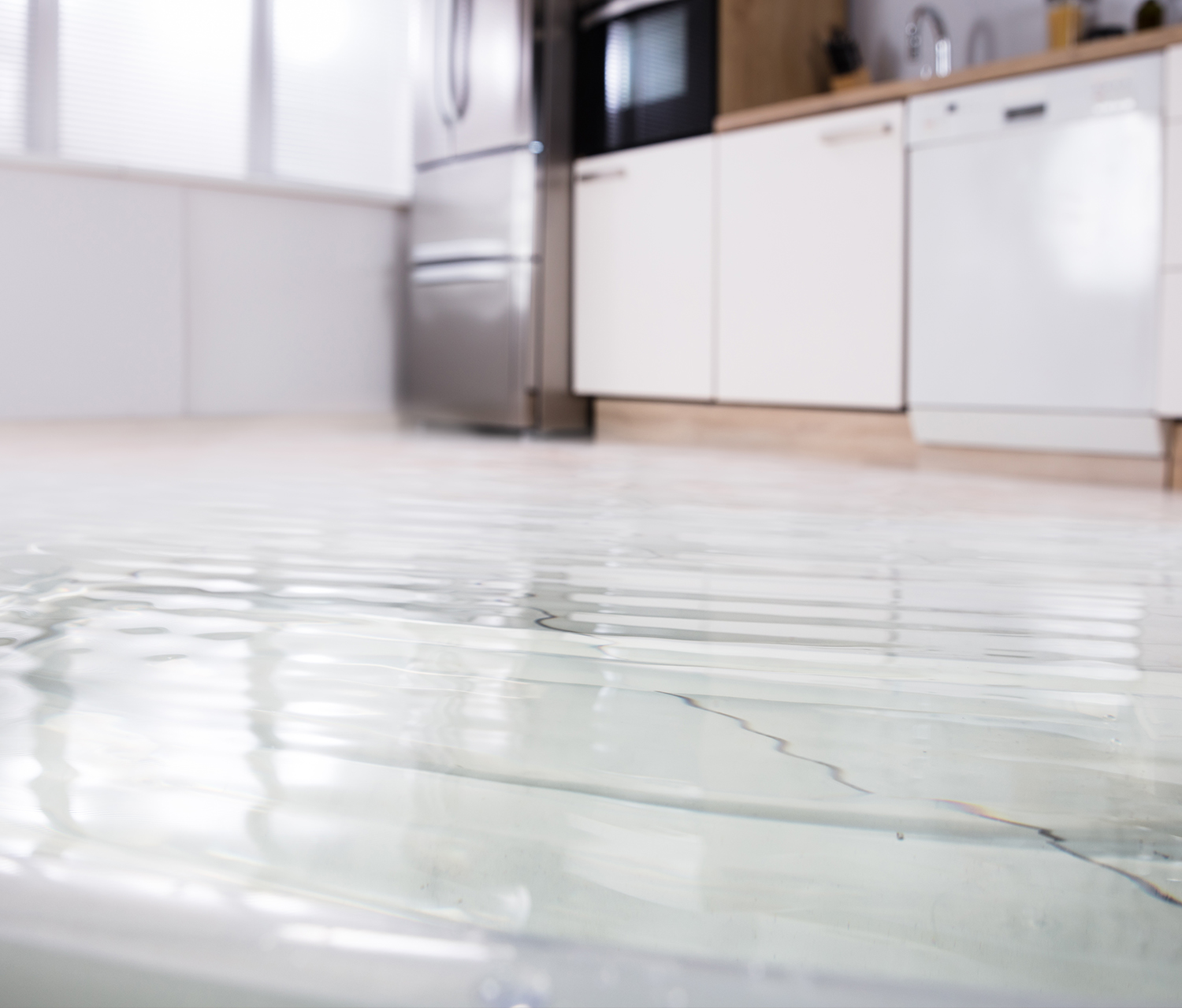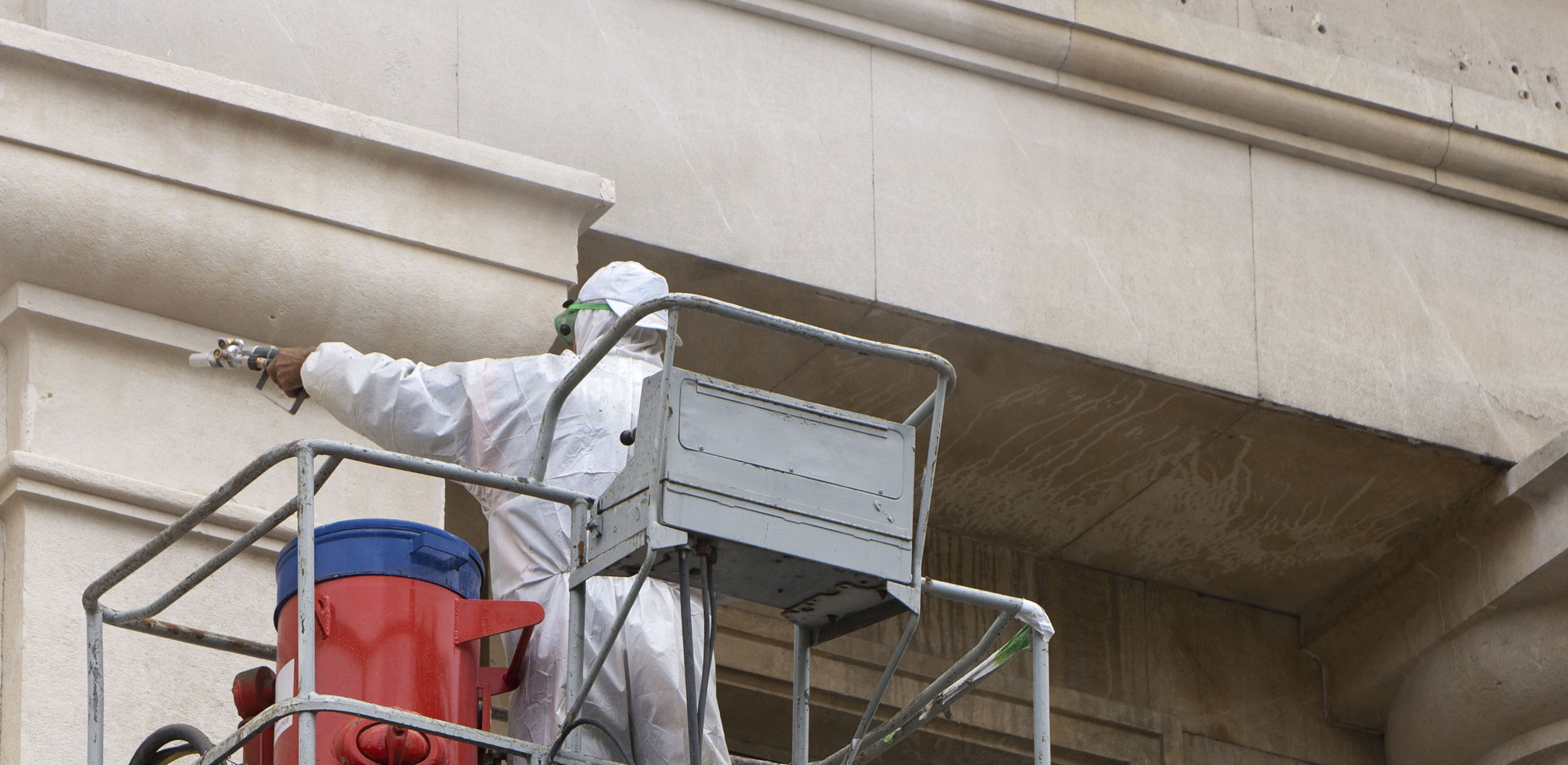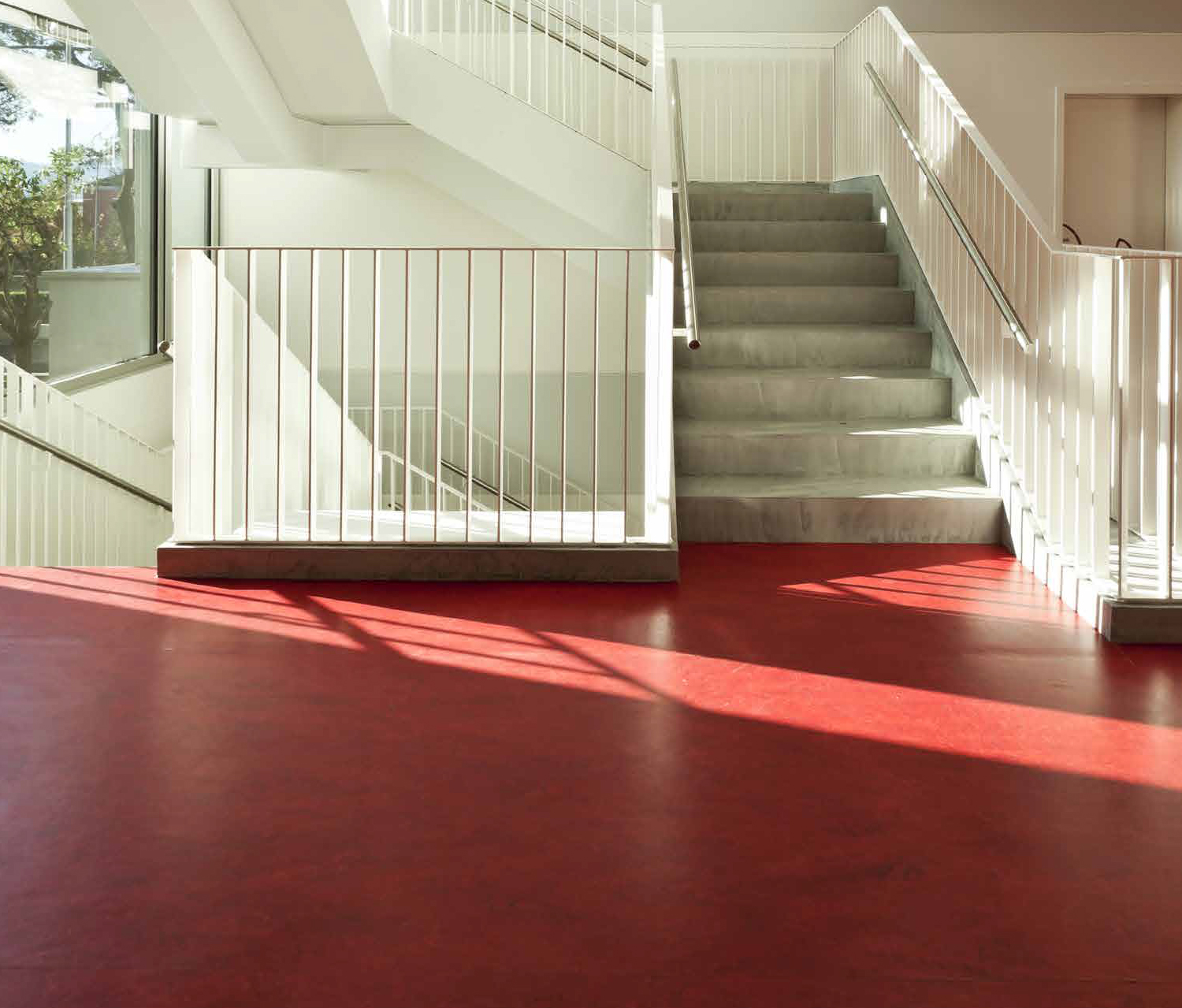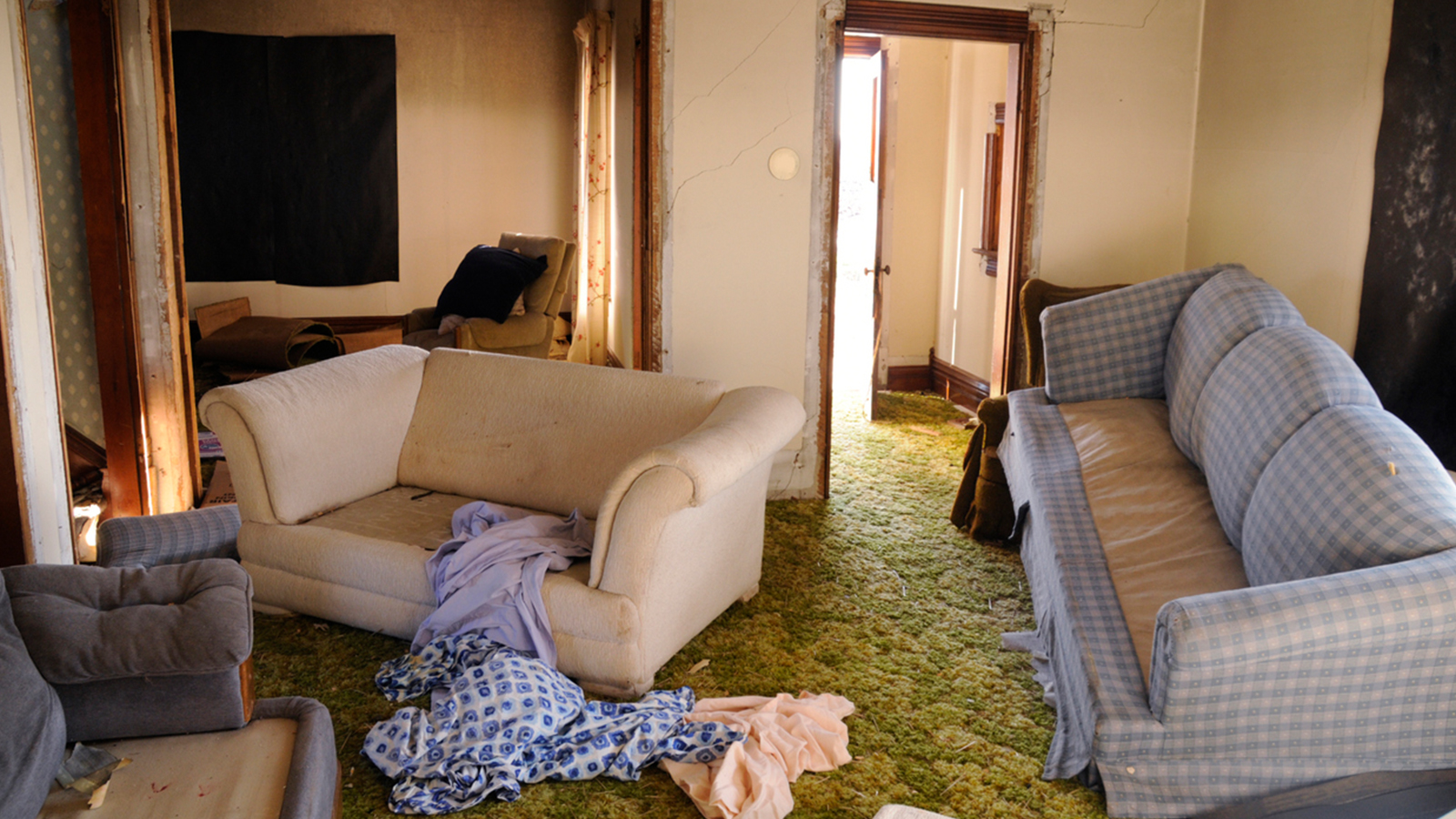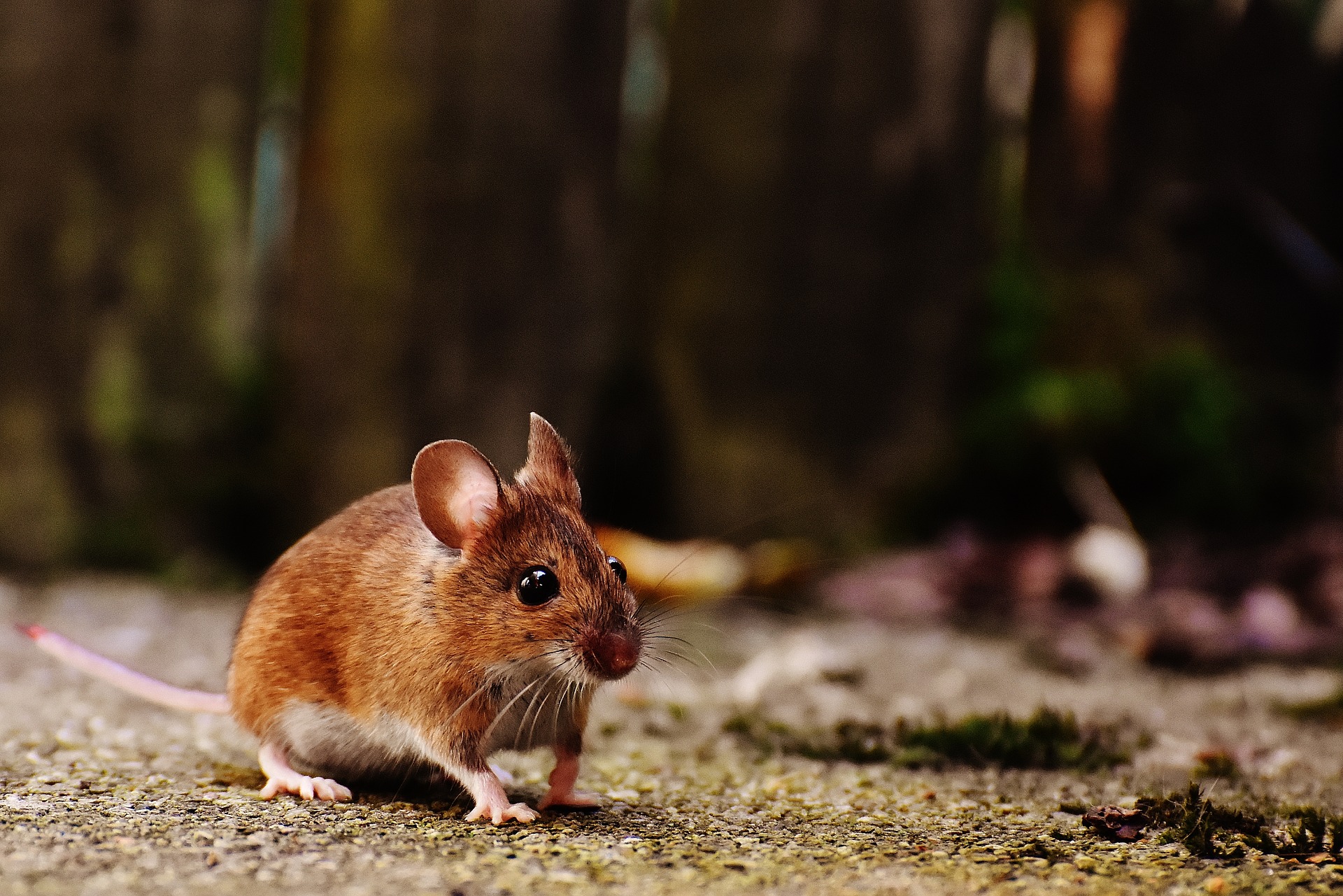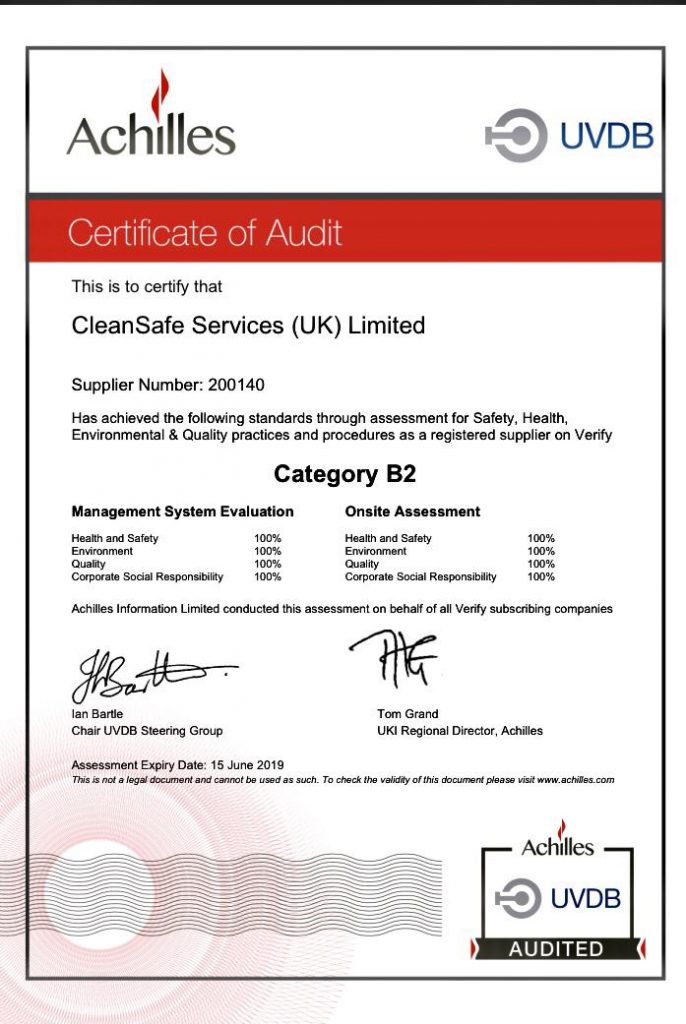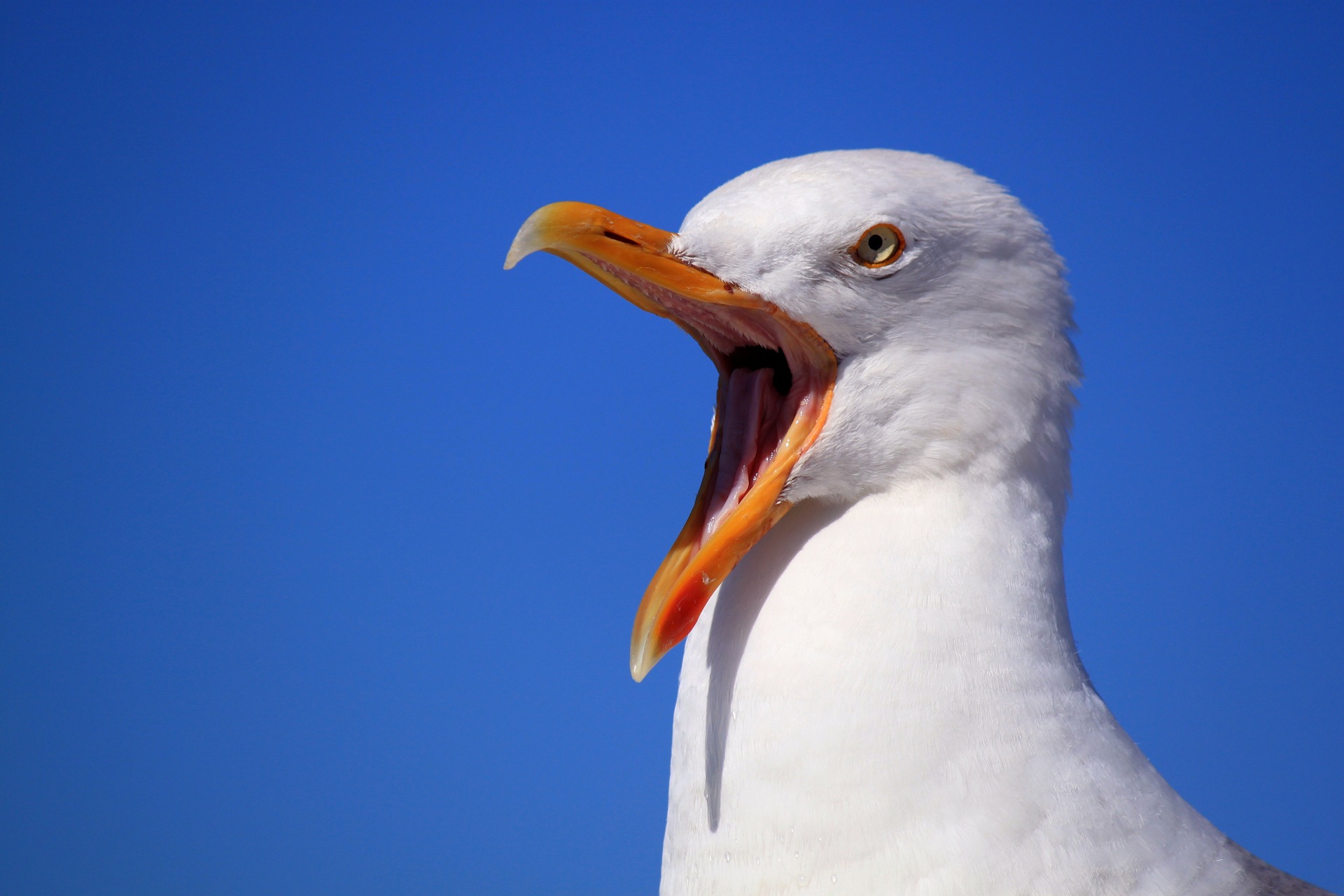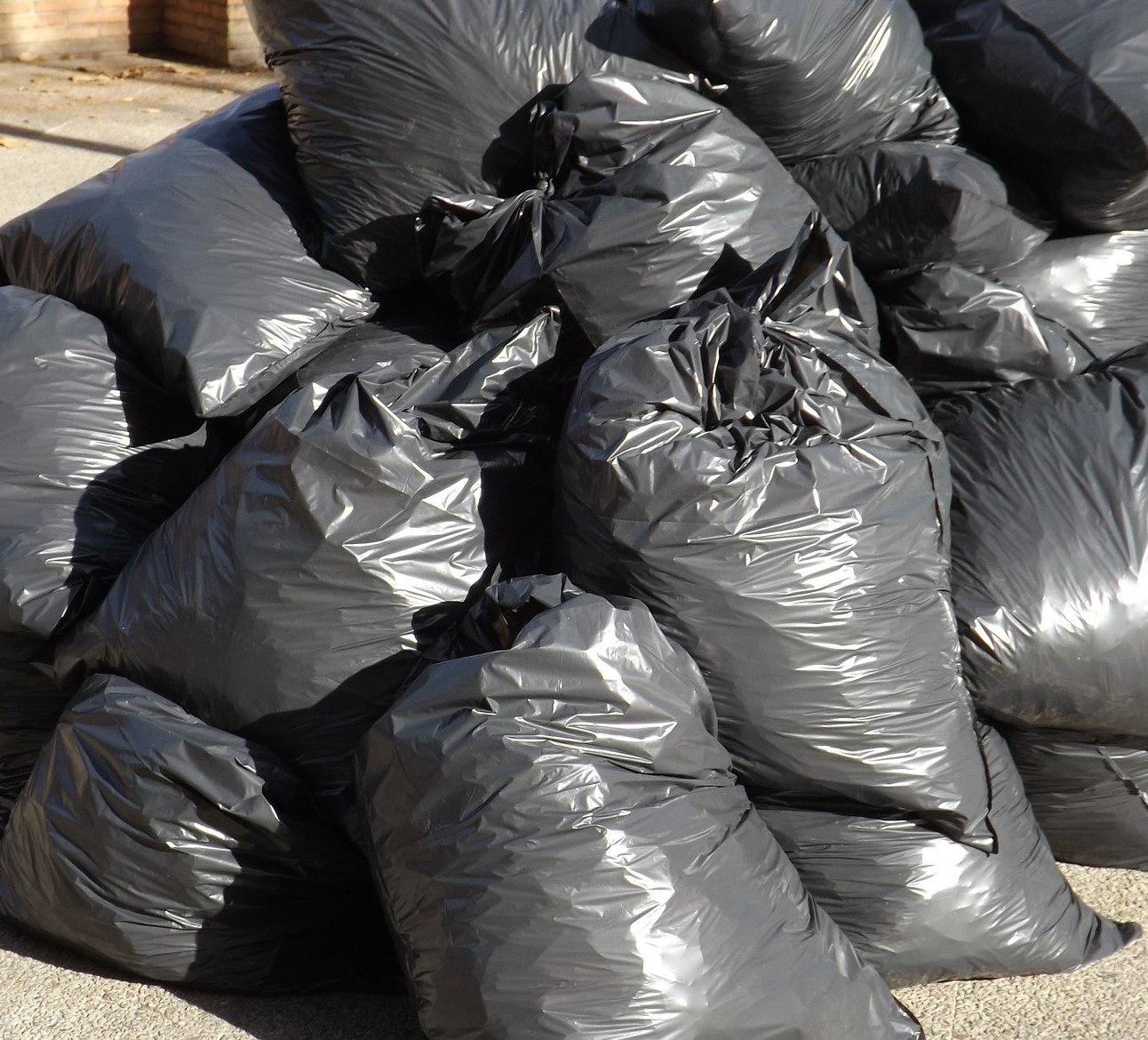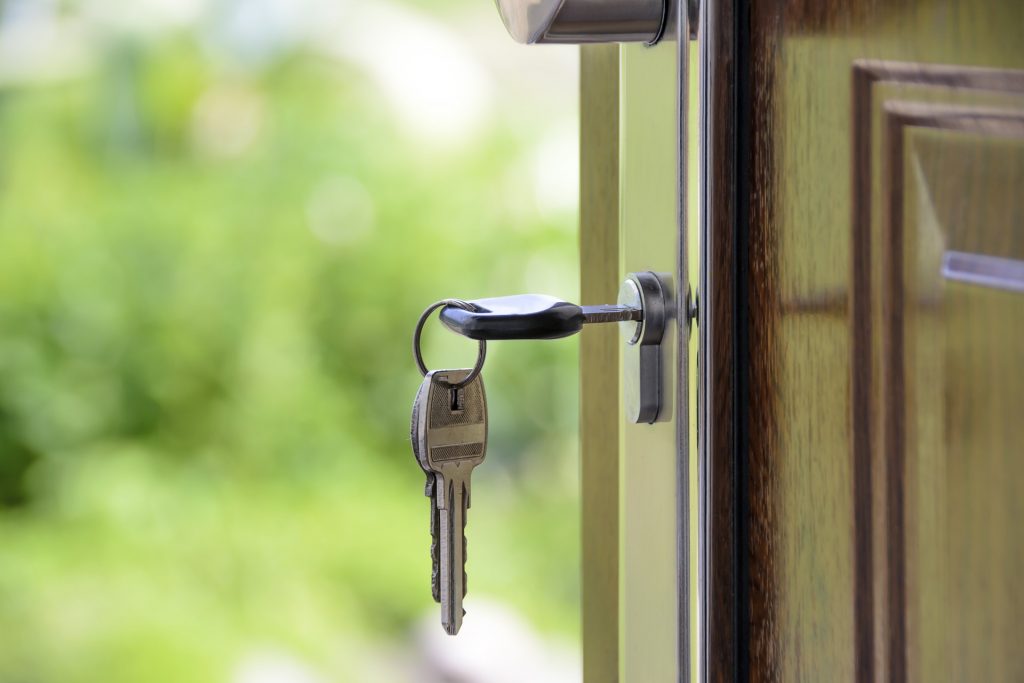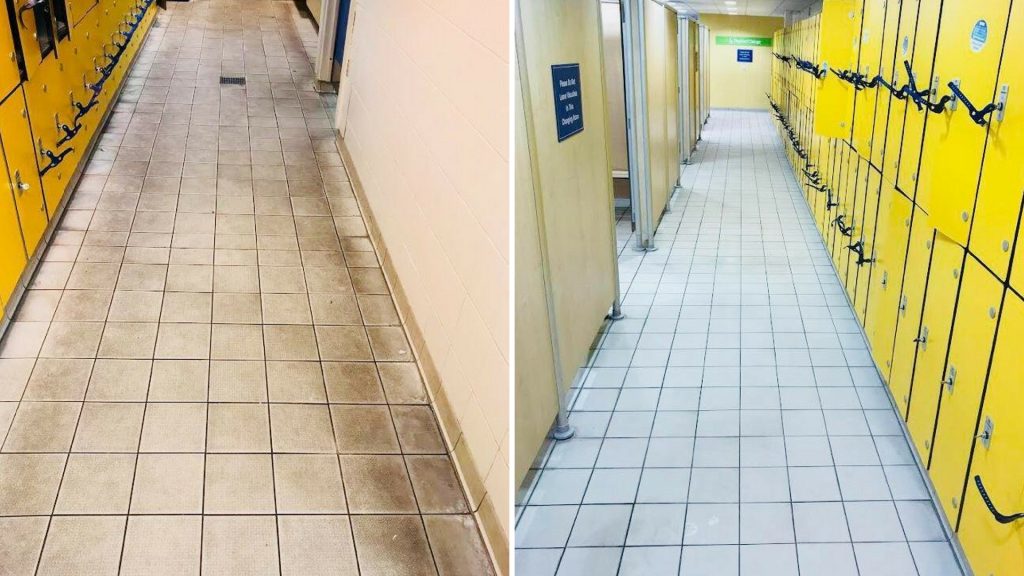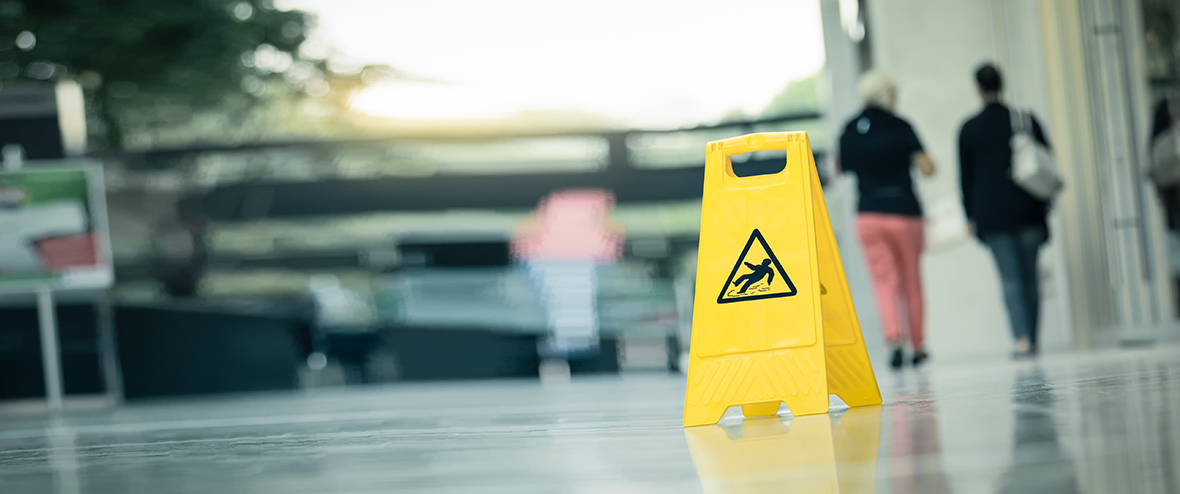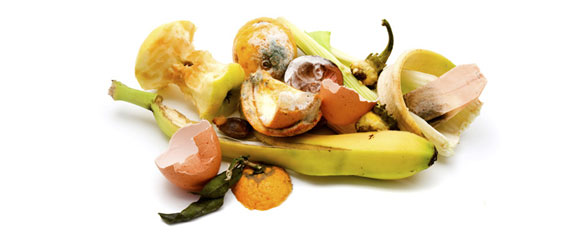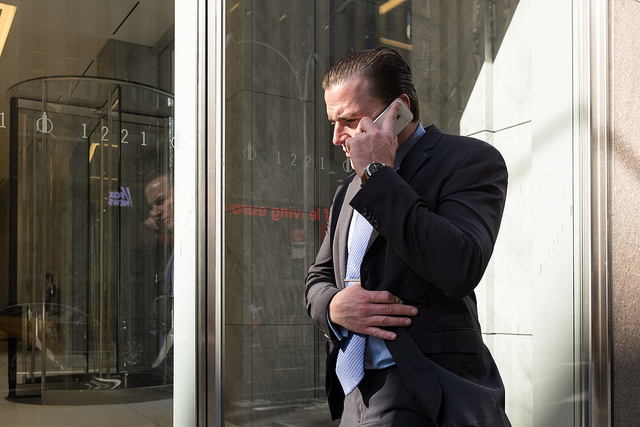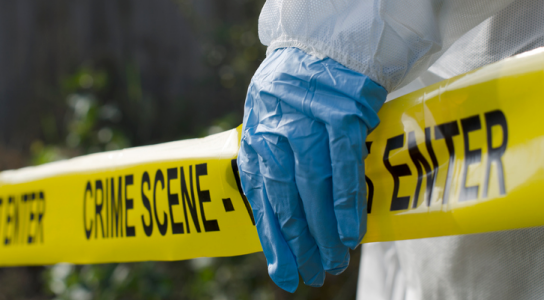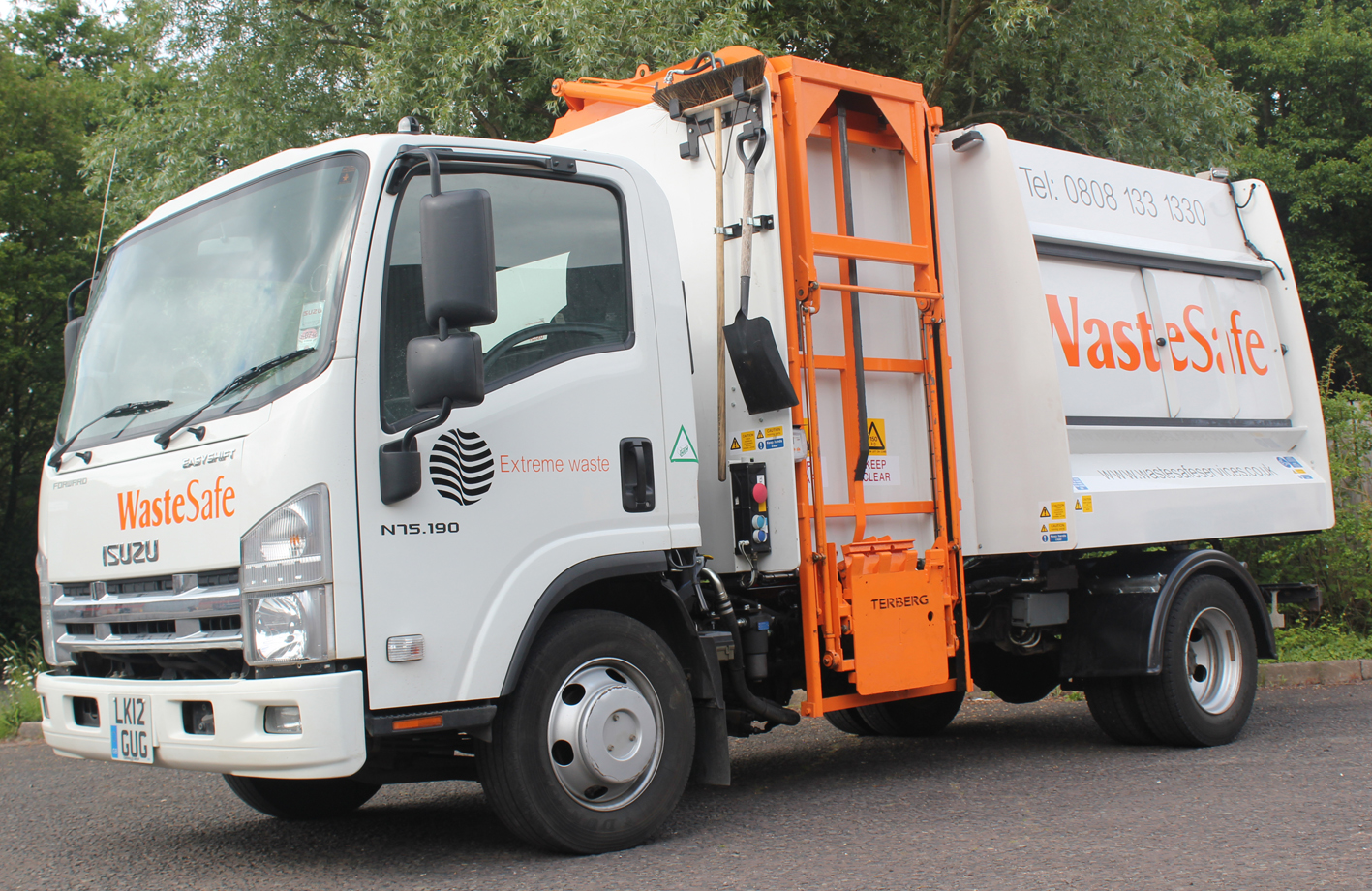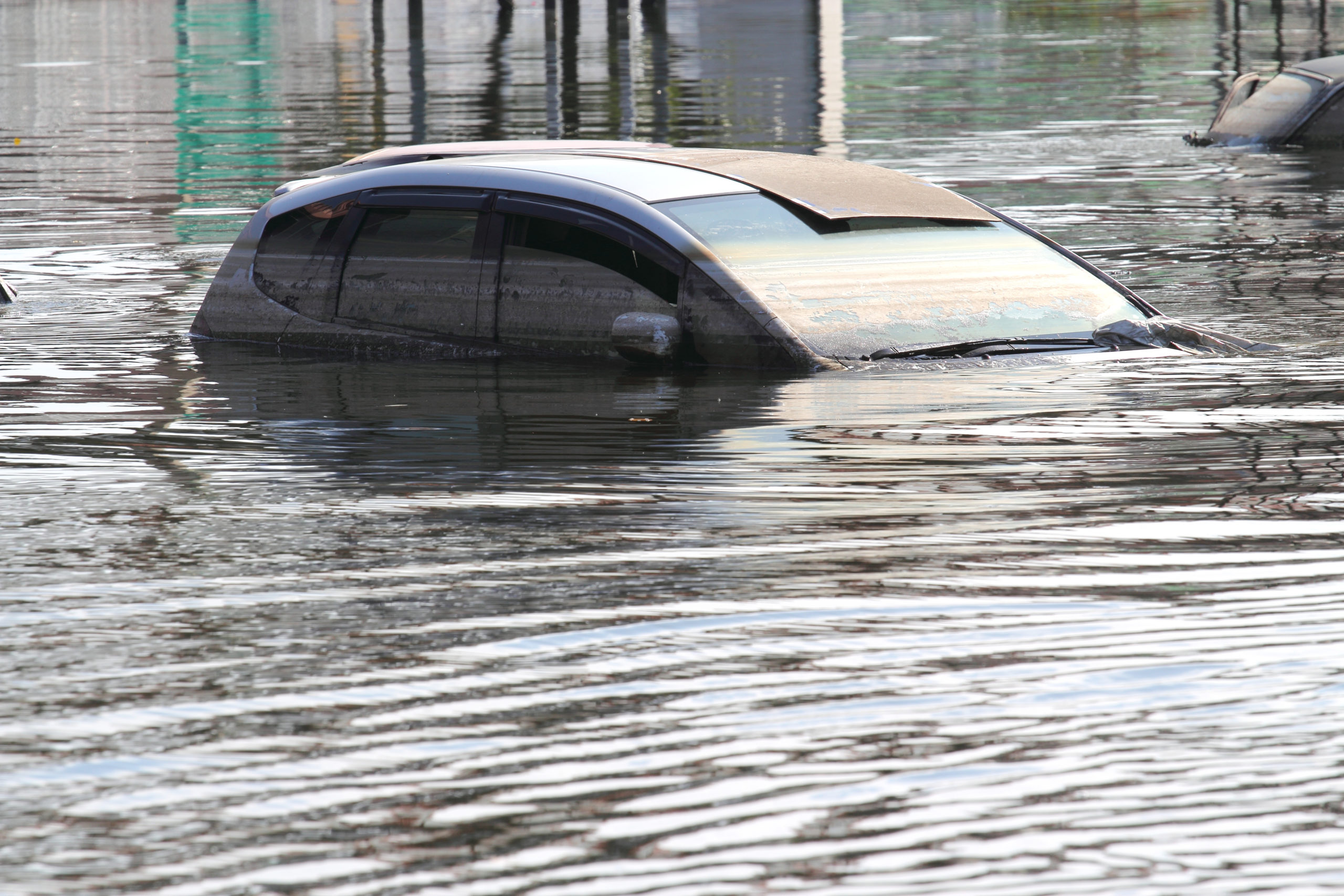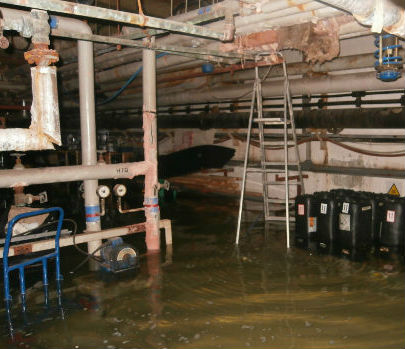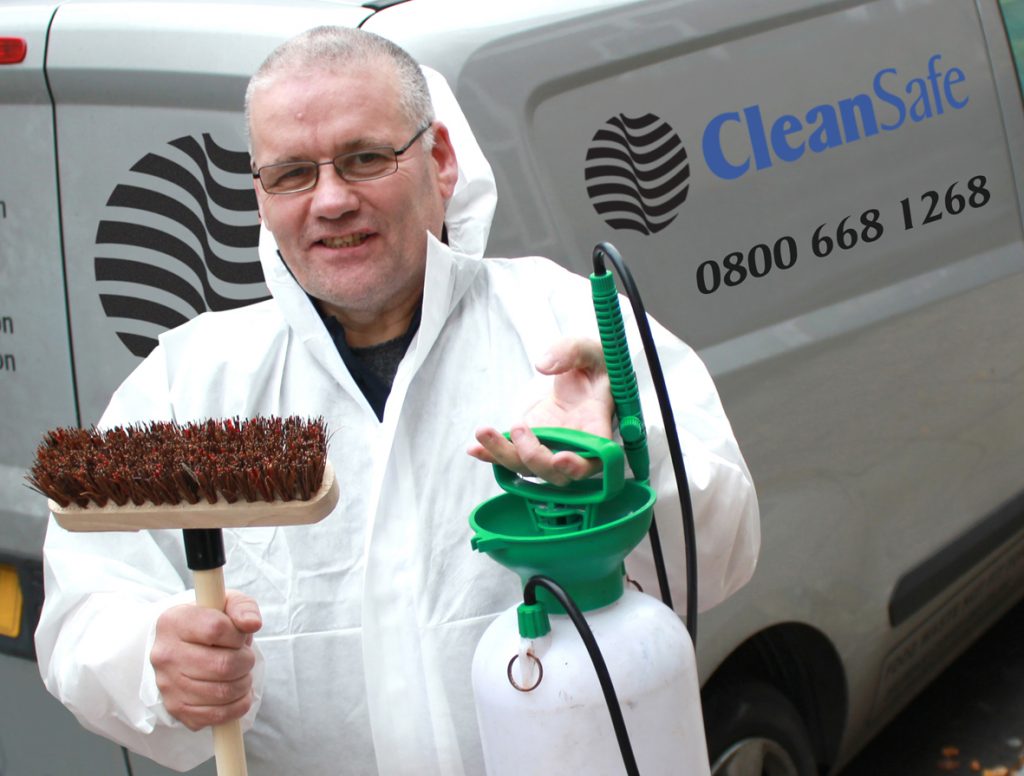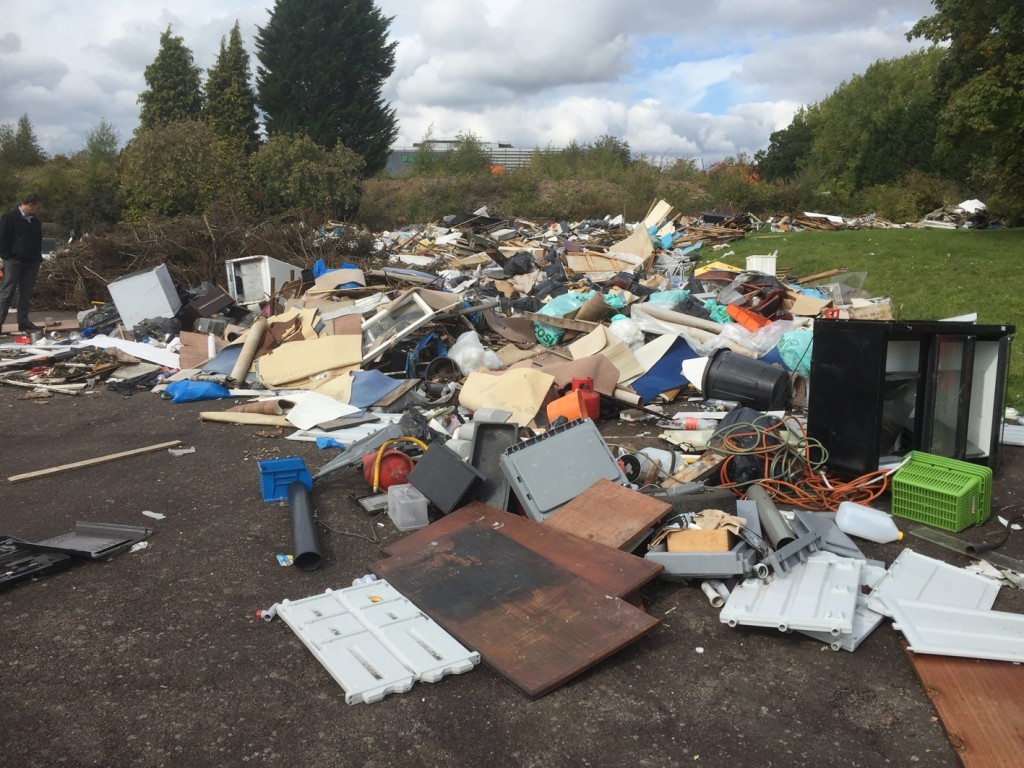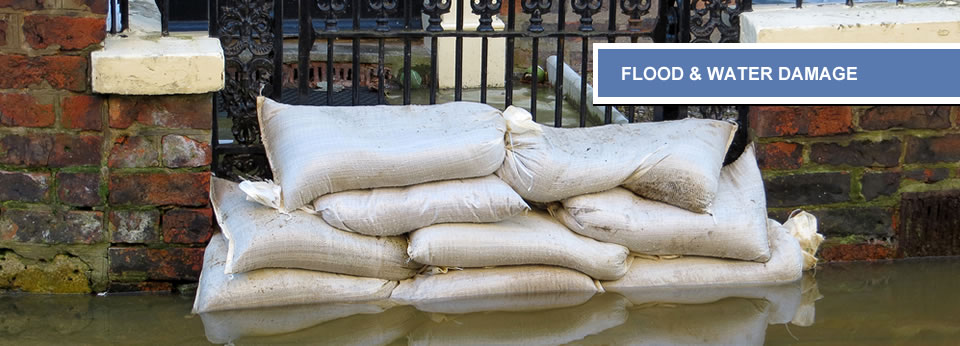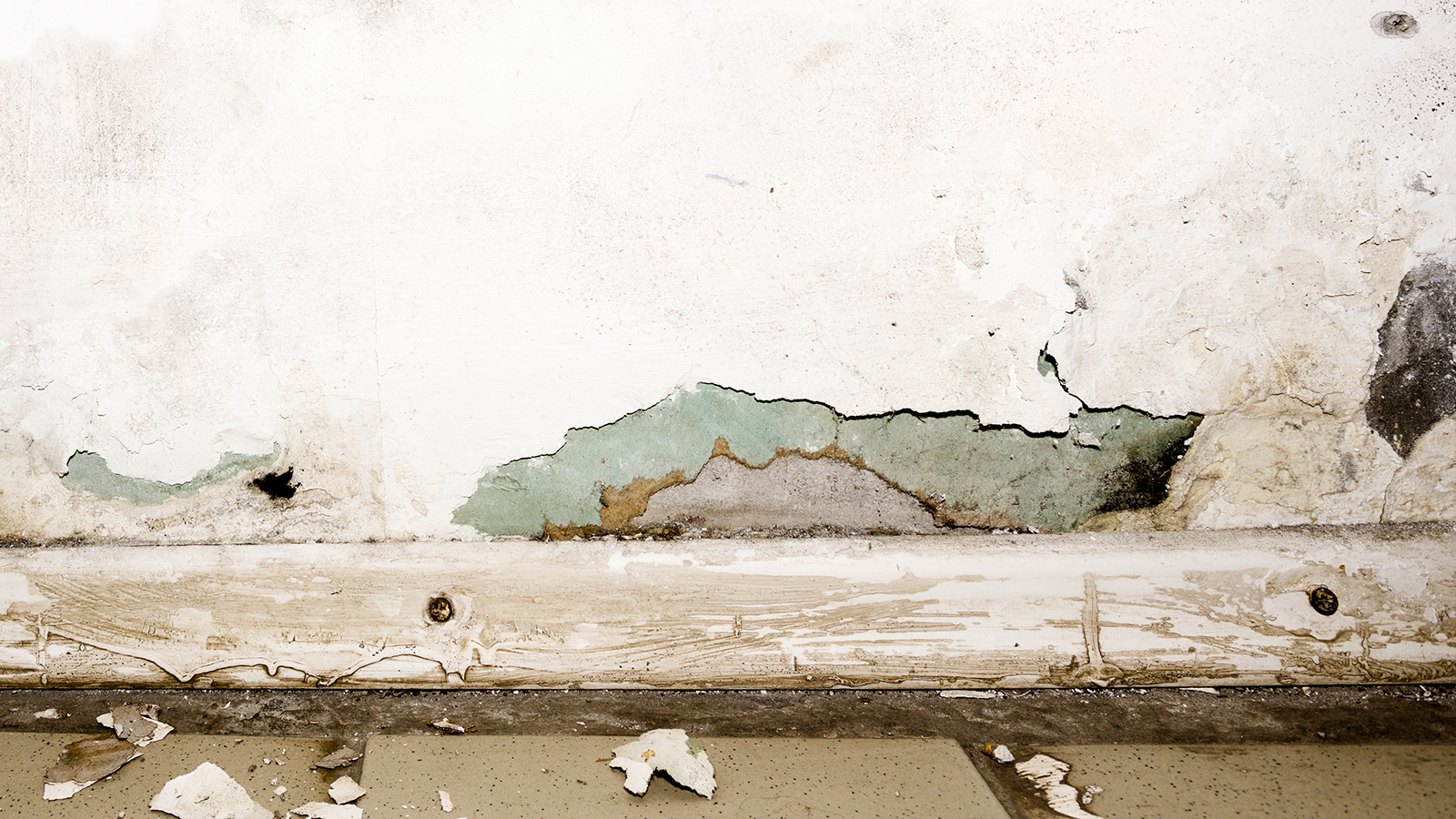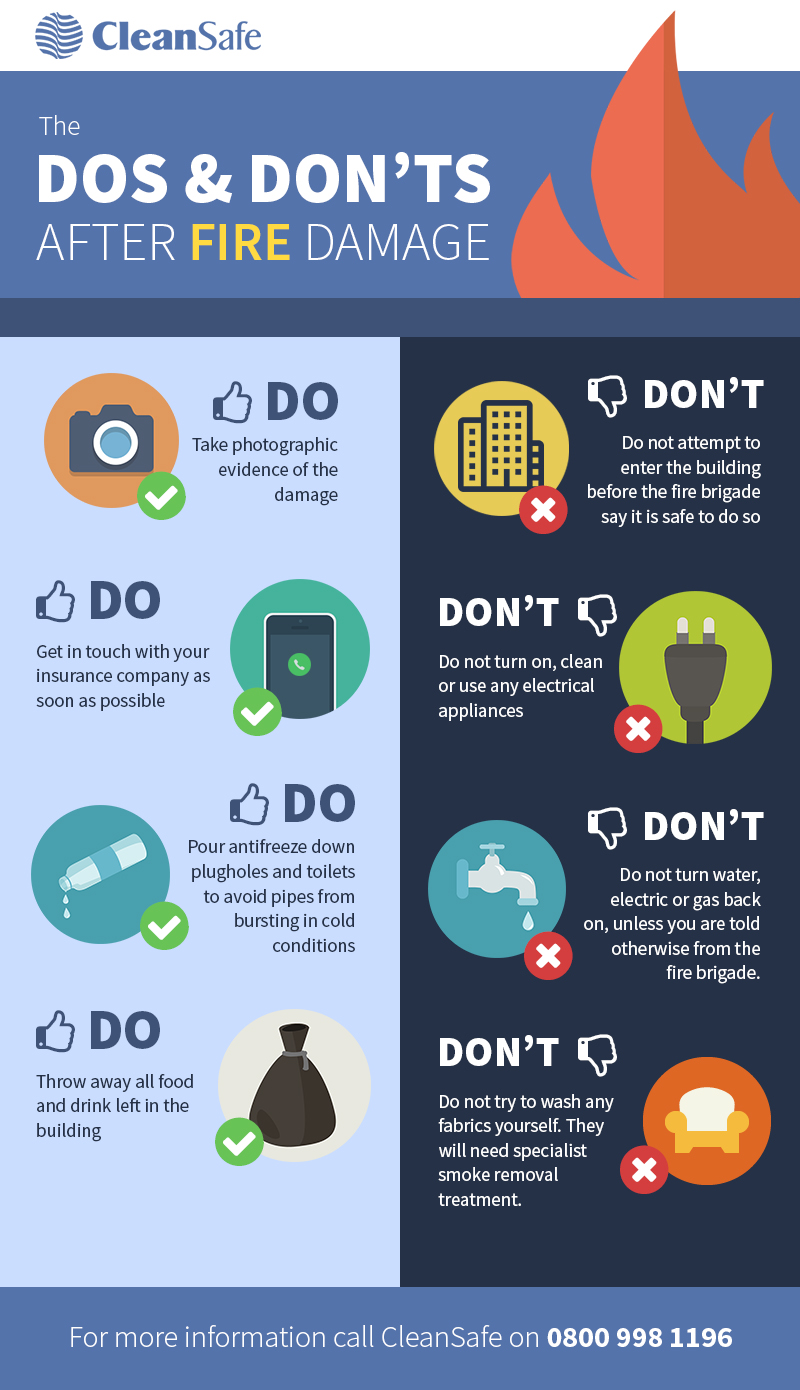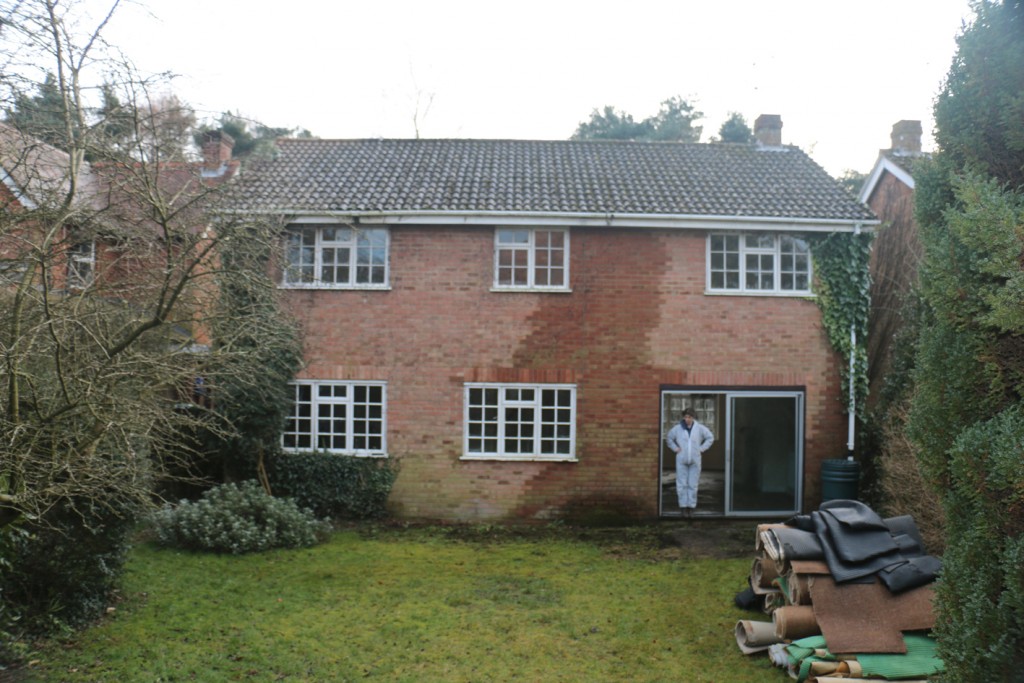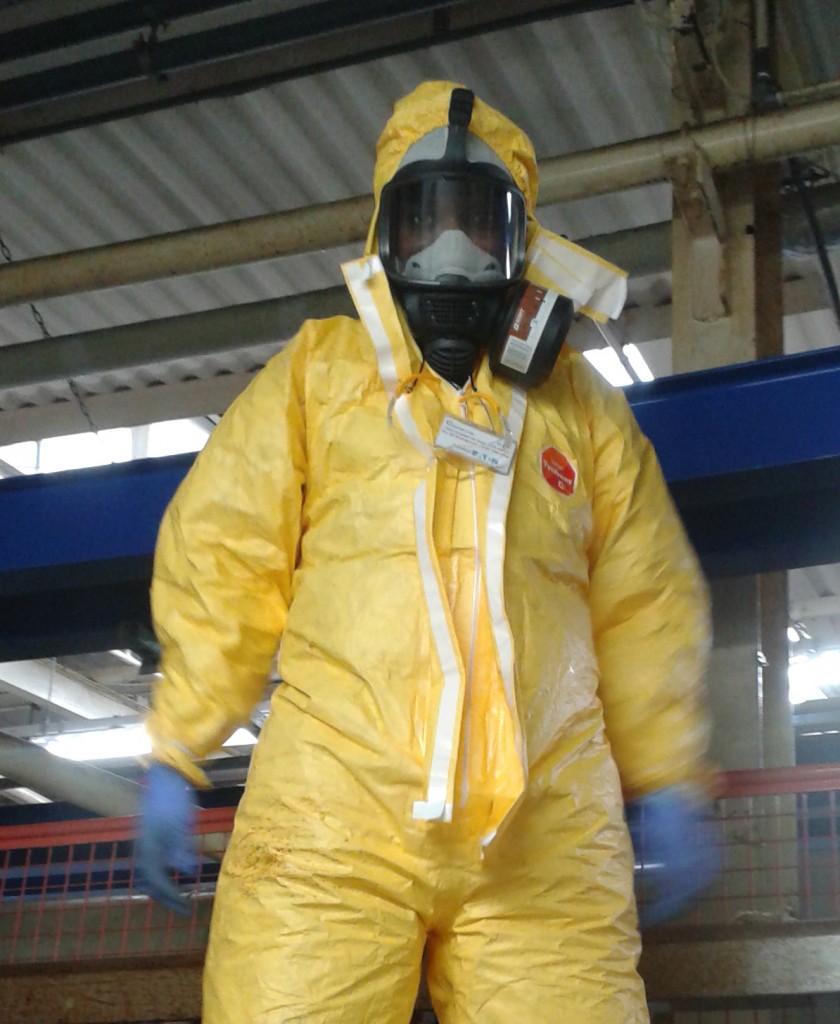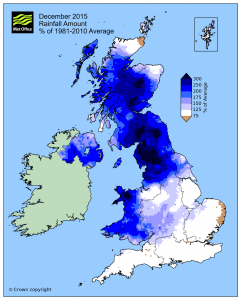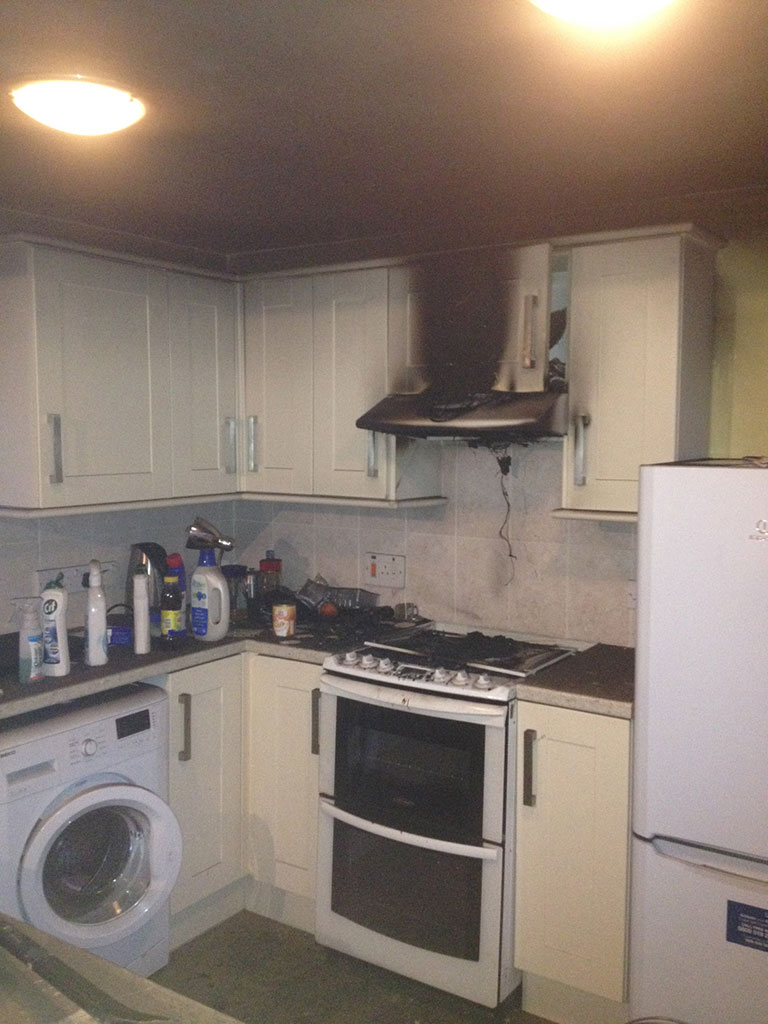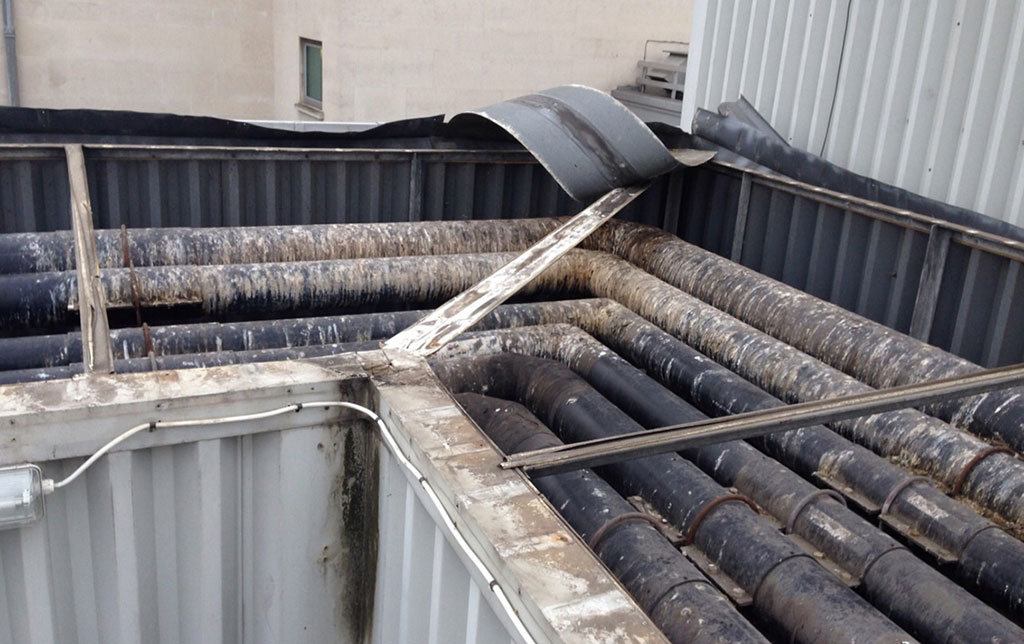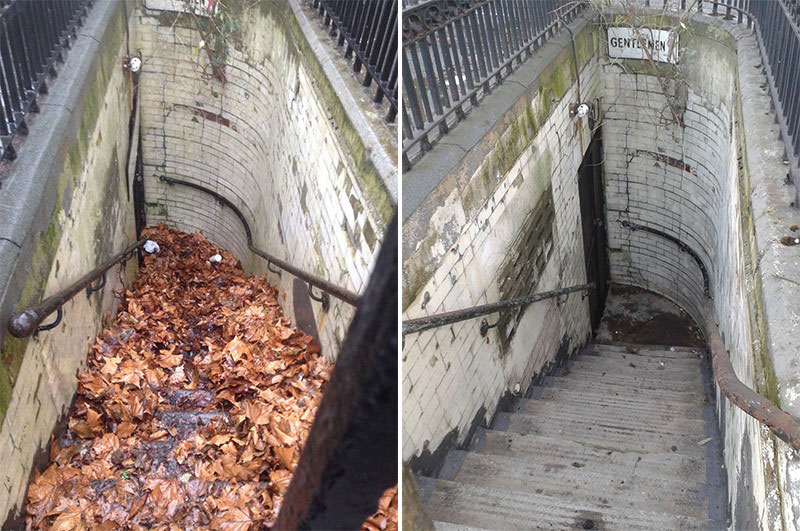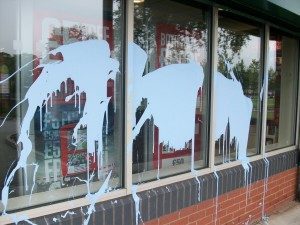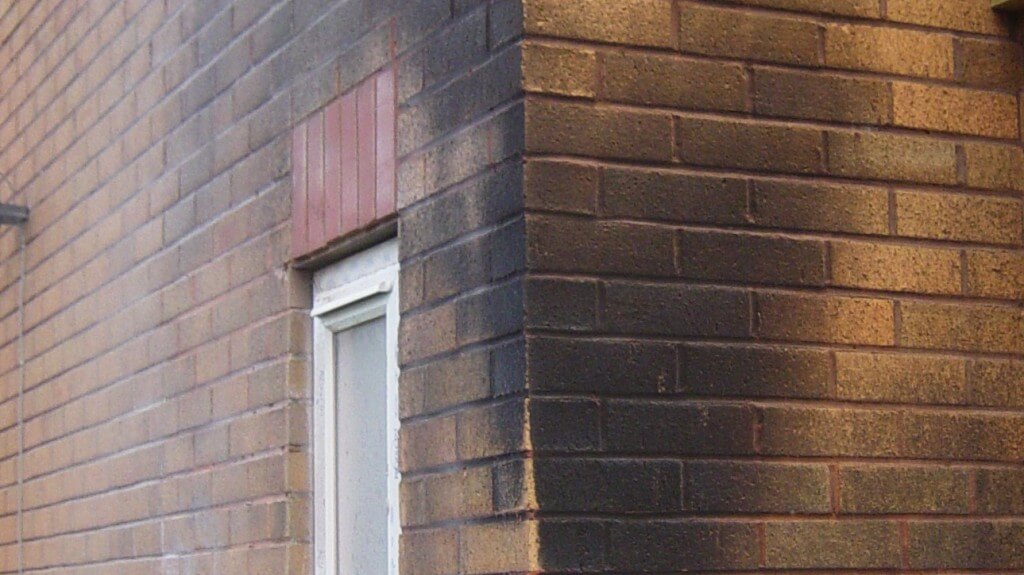Pigeons are everywhere, quite literally! Descending from rock doves (cliff dwelling birds), common Feral pigeons (street pigeons) can be found in abundance in most towns and cities throughout the world. Unfortunately though, these feathered creatures have adapted so well to living alongside us humans that it means we have to live with their mess too! Often described as ‘rats with wings’, street pigeons cause frequent problems and disruption for businesses and residential areas alike. One of the main issues we face on a daily basis is constant bombardment of pigeon faeces; what we politely refer to as guano.
How many of us have spent hours washing our car, taking extra care to clean between all the nooks and crannies, just for a pigeon to ruin all of your efforts with one huge gloopy white plop? It is frustrating, disgusting and possibly the main reason why these birds have such a bad reputation. But exactly how harmful is it?
Disease Carriers
Guano is officially classified as hazardous waste; meaning it can have some detrimental effects on our bodies and immune systems. Pigeons are known to carry diseases, such as Chiamdiosis and Psittacosis, which is very similar to pneumonia. Fresh droppings, whilst they are still wet, pose no particular health risk to humans. However, once the droppings have dried out and create dust, this is when it becomes potentially infectious. If this dust is inhaled it can cause anything from flu like symptoms to meningitis and possible fatalities; depending on the health status of the individual.
Damaging Effects to Buildings
Church towers and commercial premises can suffer very badly from this problem, as combined pigeon deposits can sometimes weigh several tons. This not only makes buildings look unsightly, but it can also cause long term damage to the structure and complexion of certain materials. Costing approximately £15 million a year to clean up, guano build up can also cause the following issues:
- Ammonia smell – extremely unpleasant and the pungent smell can cause headaches.
- Paintwork – can be corroded by bird fouling as it has an acute acidic property.
- Insects – many insects breed and call this mess home. Biting mites and beetles love to hang out and pester people nearby!
- Sip hazard – when this stuff gets wet it is extremely slippery, causing a real hazard if found on stairs or fire escapes.
- Illness – dust can cause fungal lung infection called pigeon fanciers lung. Back in the day people would sweep up the mess and in dry conditions the fine dust can be breathed in causing disease. It was called pigeon fanciers lungs as cases were most frequently seen in people who kept racing pigeons!
Cleaning large areas of pigeon defecation is a professional job and should not be attempted with average household cleaning products. The dust must not come into contact with your eyes, nose or mouth at any time; so protection is an absolute must! A NIOSH approved respirator is required for this job, as well as industrial gloves and sealed eye protection. This is no normal cleaning job; a militant and professional approach should be taken towards protection whilst cleaning this type of mess. Hence, this job is best left to specialist cleaners who have the necessary equipment and experience needed to tackle such a filthy job!


